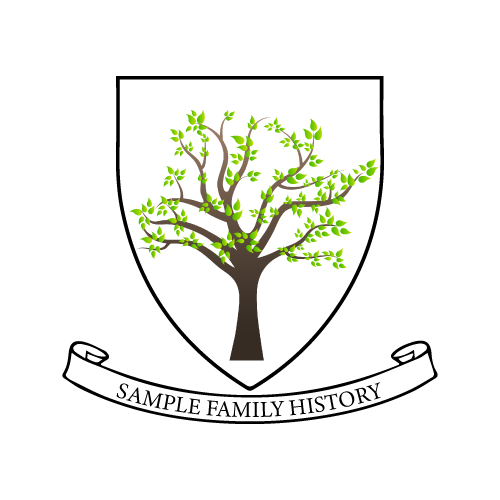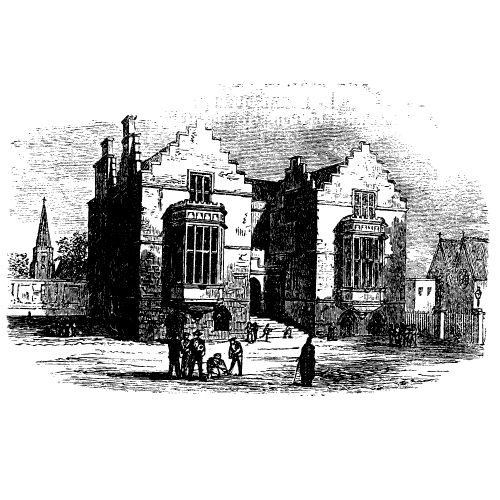About Sample Family History Society

Founded in the early days of 2022, we are an entirely imaginary organisation, demonstrating a simple brochure presence on the web. While our words have been written by hand, the places are fictitious. However, we do have a wonderful group of imaginary officers and an growing membership of enthusiastic family and local historians.
We are genuinely passionate about local and family history and are developing Name & Place to help support others in collecting and managing their data. Do take a look at our website if you'd like to know more about this.
Back in the imaginary area of Sample, the local population has fluctuated over time, reflecting the rise and fall of different industries. This has left behind a rich social and economic history of an area inhabited by many generations over the years. Were any of these your ancestors? Contact us to discover more.
Getting stated with your family history
Family history and genealogy is the most fascinating pastime, connecting who we are with those who came before us. Even for the absolute beginner, it can be easy to get started on the journey to discovery with your genealogy. Here's a few essential pointers to start you on your journey.
What is your reason for looking at your family history?
Many of us start to think about our family history as we get older, or start to lose loved ones. Perhaps this is because that maturity triggers questions in us; where do we come from, what's our purpose? Maybe you're intrigued by a story in the family or an illustrious relative, and simply want to find out more about them. Having some understanding of what you're looking for can help shape your family history journey. Equally this can, and usually does, vary the more you research, as you find a new fascinating story which takes you down a different path.
Identify what you already know
For the lucky majority, there will be details we already know, either through personal memories, family members, documents and mementos. So start by collecting and detailing any information you have about your family. Write it down, in a structured way, so you can start to piece together any facts about your immediate family and forebears.
- Their name
- Their age or date of birth (even if it's not exact)
- Notable places such as place of birth, where they lived, were married, worked or died
- Any dates (even rough dates) that these events occurred
- Did they have any siblings or children?
Key tip
Don't worry if you're unsure about any facts. At this stage, just note down anything you remember, or those around you can recollect. Part of the excitement of genealogy is identifying whether these stories are fact, and indeed finding the actual information of what occurred.
Drawing a pedigree chart
Genealogists use a pedigree chart to draw a family tree. This time-honoured method dates back to the earliest records. The College of Arms in London has pedigree charts dating back to the Middle Ages, showing notable families. This was essential then as it is now, for understanding who inherits land and property.
Use a large sheet of paper and position yourself near the bottom centre. Add your parents, and their siblings above, while your first cousins and siblings should be on the same line as you. This logical structure ensures each generation is on the same line of the chart.
Write each name in full, and underneath note any key dates in that person's life using the abbreviations:
b = birth
bap = baptised
m = marriage
d = death
bur = buried
To indicate a marriage, write the spouse's name alongside the person they married. Generally the male is written to the left of the female, and the marriage details written under the bride's name, but these rules can be modified to help with the pedigree chart's structure.
Key tip
Don't be afraid to stop and redraw your pedigree chart if it gets messy or you are extending off the page. Alternatively, stick pieces of paper together, and extend your pedigree chart in that way. It's common for the most enthusiastic genealogist to show you many pieces of paper attached together!
Want to know more?
Contact us for details of our family history courses, for the beginner and intermediate family genealogist.
Get In Touch